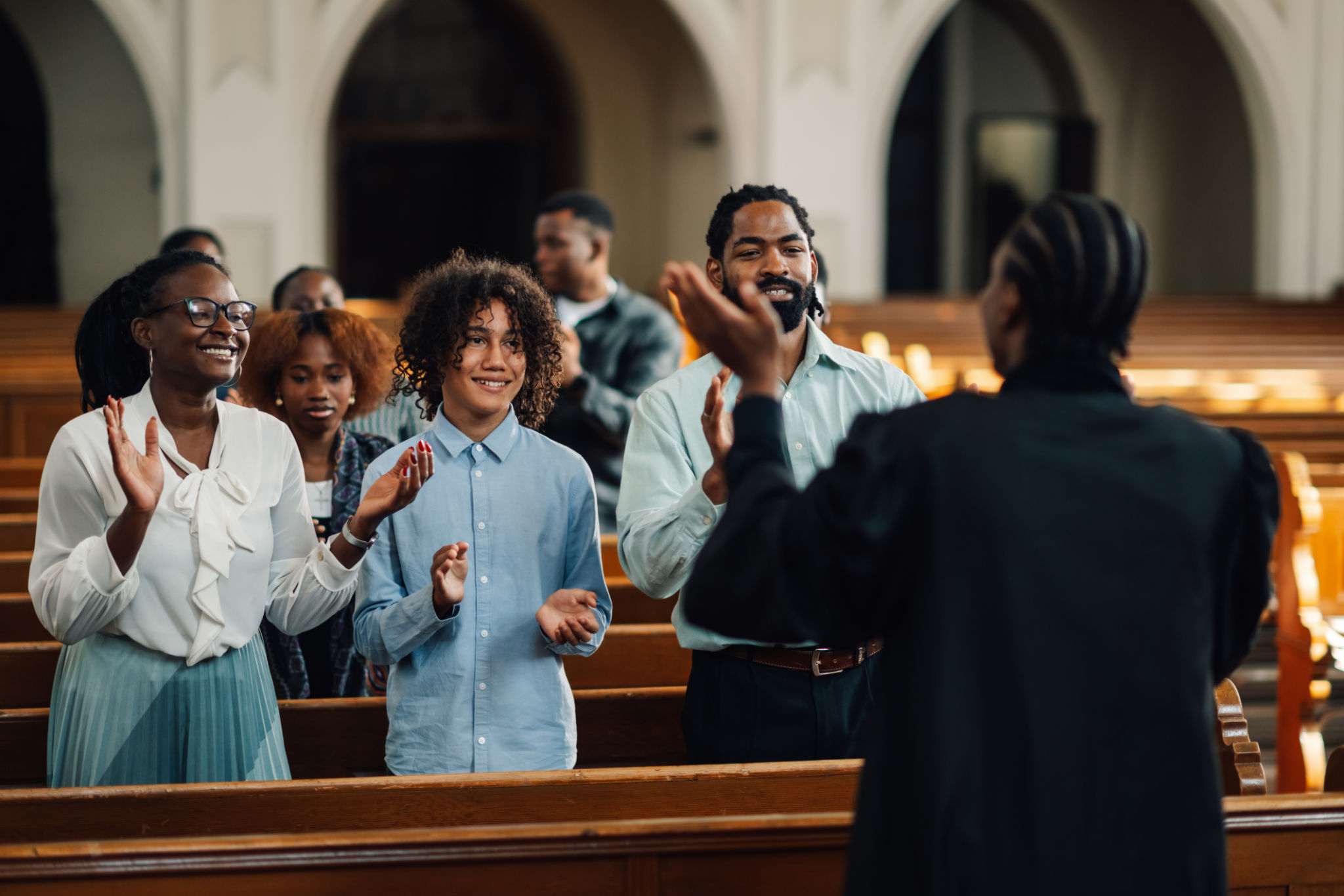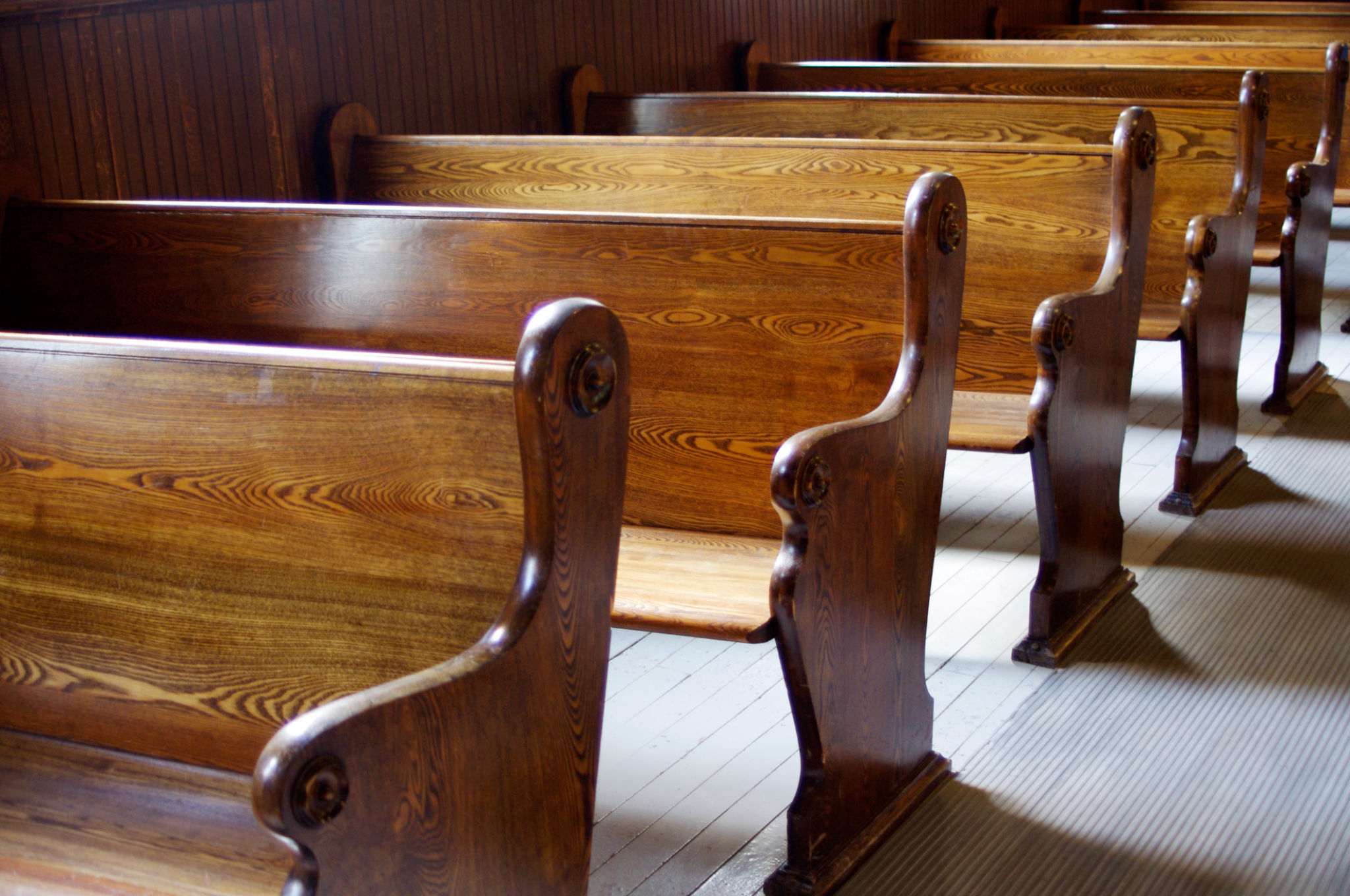Exploring the Impact of Same Sex Unions on Traditional Christian Values
The Intersection of Same-Sex Unions and Traditional Christian Values
The evolving landscape of marriage has sparked significant discussions about the intersection between same-sex unions and traditional Christian values. As society progresses towards inclusivity, these conversations are pivotal in understanding the broader implications on faith-based communities. This exploration seeks to uncover how same-sex unions influence, challenge, or coexist with long-held Christian beliefs.

Understanding Traditional Christian Values
Traditional Christian values are often rooted in biblical teachings that have been interpreted over centuries. These values typically emphasize the sanctity of marriage as a covenant between a man and a woman. For many Christians, marriage is not only a social contract but a divine institution ordained by God. The introduction of same-sex unions into this framework has prompted many to reevaluate these interpretations.
While some denominations maintain a conservative stance on this issue, viewing same-sex unions as contradictory to biblical teachings, others have adopted more progressive interpretations. These varying perspectives highlight the diversity within Christianity and the evolving nature of religious doctrine.
The Rise of Inclusivity Within Christianity
In recent years, there has been a noticeable shift towards inclusivity within certain Christian communities. Many churches have embraced same-sex unions, recognizing them as expressions of love and commitment akin to heterosexual marriages. This shift is often driven by an understanding of the broader biblical message of love, acceptance, and compassion for all individuals.

Denominations such as the Episcopal Church and the United Church of Christ have taken significant steps to welcome LGBTQ+ members and celebrate same-sex marriages. These changes reflect a growing recognition that faith can evolve to meet the needs of its followers in contemporary society.
Challenges Faced by Traditionalists
Despite this growing inclusivity, there remains a segment of the Christian population that views same-sex unions as a challenge to traditional values. For these individuals, adherence to biblical interpretations is paramount, and any deviation is seen as a threat to the sanctity of marriage.
- Interpretation of scripture: How should biblical verses be understood in a modern context?
- The role of the church: Should churches adapt to societal changes or uphold traditional views?
- The impact on families: How do these unions affect family dynamics within religious communities?

Finding Common Ground
Amidst differing opinions, many Christians are seeking common ground by focusing on shared values such as love, commitment, and community support. Dialogue and open communication have become essential tools in bridging gaps between those with differing views on this topic.
Some faith-based organizations are hosting forums and discussions that allow individuals to express their beliefs while learning from others. By fostering an environment of mutual respect and understanding, these initiatives aim to create a space where diverse perspectives can coexist.
Conclusion: A Path Forward
The impact of same-sex unions on traditional Christian values is complex and multifaceted. As society continues to evolve, so too will the conversations surrounding faith and inclusivity. It is crucial for religious communities to engage in ongoing dialogue, reflecting on their beliefs while embracing the diversity that exists within their congregations.
Ultimately, the path forward involves balancing respect for tradition with an openness to change. By doing so, Christians can navigate these challenges with grace and compassion, ensuring that their faith remains a source of unity and love for all.